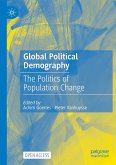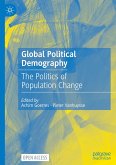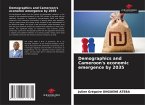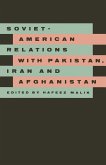This research aimed to address the treatment offered by the Brazilian State to international migrant workers, through its domestic normative instruments and its commitment to international normative instruments, taking into account the sociocultural and economic dimensions, complementary to the legal-normative and political aspects, in a multicausal and multilevel perspective. We also sought to analyse the domestic normative and institutional framework - as well as existing values, understandings and interests - with regard to international migrant workers; and to understand the international position of the Brazilian State regarding the protection of these individuals: ILO Conventions C-97 and C-143 and the UN Convention on Migrant Workers. This discussion is important for Brazil, a State of origin and destination of migrants, and for the potential to contribute to the strengthening of an international protection regime that is effective in promoting an understanding of who these individuals are, what problems they incur, and what measures should be adopted to ensure that they can enjoy equality with local populations.
Bitte wählen Sie Ihr Anliegen aus.
Rechnungen
Retourenschein anfordern
Bestellstatus
Storno








